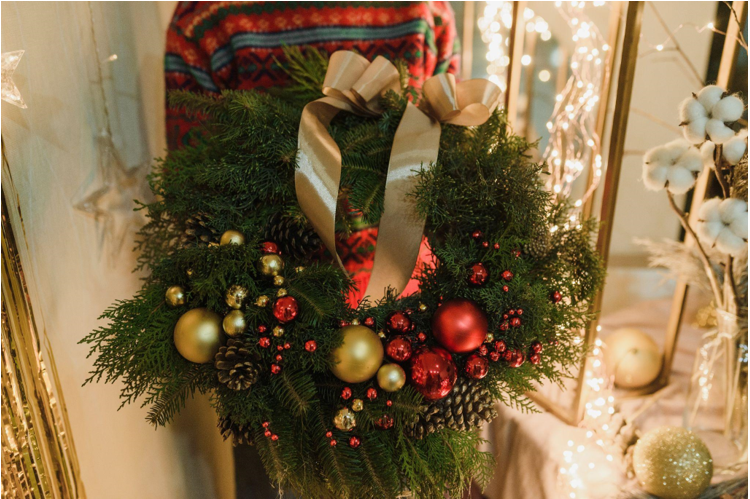A Celebration of Faith and Family
Christmas Eve is a time of profound significance for Christians worldwide, but especially in the Middle East, where the roots of the faith are deep and enduring. In countries like Lebanon, Israel, and Egypt, families come together on Christmas Eve to share a festive meal, exchange gifts, and attend midnight mass.
For many, the highlight of the evening is the feast, which features a mouth-watering array of Mediterranean food, including lamb, tabbouleh, hummus, and baklava. These dishes reflect the region’s rich cultural heritage and are often passed down from generation to generation.
But it’s not just the food that makes Christmas Eve in the Middle East special. The sense of communal spirit and shared identity comes from celebrating such an important day together. Families gather at home or in the local church to sing carols, light candles, and reflect on the season’s true meaning.
Discovering the Magic of Natural Springs
One of the lesser-known but still iconic features of Christmas Eve celebrations in the Middle East is the tradition of visiting natural springs. In countries like Lebanon and Jordan, where the winters can be chilly, locals head to the mountains to relax in geothermal pools and hot springs.
The experience of soaking in a natural hot spring is not just about indulgence; it’s also deeply therapeutic and restorative. For centuries, people in the Middle East have used the healing properties of hot springs to ease aches, pains, and stress. Many of these springs are believed to have been created by god, making them sacred sites for spiritual reflection and renewal.
The juxtaposition of the warmth of the hot springs with the chill of winter is just one example of the contrasts that make Christmas Eve in the Middle East genuinely unforgettable. Whether surrounded by family, enjoying delicious food, or communing with nature, the traditions of the season are a reminder of the beauty and diversity of life.
In conclusion, Christmas Eve in the Middle East is a time of warmth, togetherness, and spiritual reflection. From the culinary delights of Mediterranean cuisine to the healing powers of natural springs, there is something for everyone to appreciate and enjoy. By joining these celebrations, we can connect with a timeless tradition that speaks to our shared humanity and reminds us of the power of faith and family.
